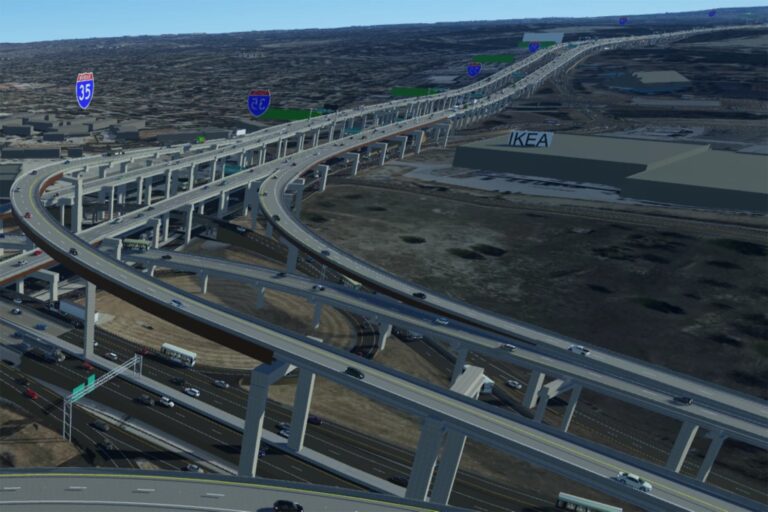
By Subcontractors USA News Provider
A federal whistleblower investigation led the U.S. Department of Labor’s Occupational Safety and Health Administration to order a Houston mobile crane rental company to pay a former employee nearly $24,000 in back wages, interest and damages after firing the worker in June 2020 for refusing to drive in excess of federal limits and reported fatigue.
OSHA determined Crane Masters Inc. violated the Surface Transportation Assistance Act when it retaliated against the employee on June 5, 2020, for refusing to exceed safe driving limits set by the Federal Motor Carrier Safety Administration. The employee worked 19 hours the day prior and could not get the required time off before returning to work– making it unsafe to operate a vehicle. The investigation led OSHA to order the company to pay the driver nearly $14,000 in back wages, interest and compensatory damages, and $10,000 in punitive damages.
“Crane Masters Inc. punished a driver who refused to jeopardize their safety and that of others on the road by violating federal laws that restrict how many hours a truck driver may operate a commercial vehicle each day,” said OSHA Regional Administrator Eric Harbin in Dallas. “Commercial truck drivers, mechanics and other workers are critical to our nation’s transportation infrastructure and our economy, but they should never be forced to put themselves or others at risk because of an employer’s concern for profit, or fear retaliation for exercising their legal rights.”
Crane Masters provides hydraulic truck cranes and rigging services to several industries, including construction, oil and gas, freight transportation and chemical manufacturing. It has operated for 20 years and serves the greater Houston area.
OSHA’s Whistleblower Protection Program enforces the whistleblower provisions of more than 20 whistleblower statutes protecting employees from retaliation for reporting violations of various workplace safety and health, airline, commercial motor carrier, consumer product, environmental, financial reform, food safety, health insurance reform, motor vehicle safety, nuclear, pipeline, public transportation agency, railroad, maritime, securities, tax, antitrust, and anti-money laundering laws and for engaging in other related protected activities.
For more information on whistleblower protections, visit OSHA’s Whistleblower Protection Programs webpage at www.whistleblowers.gov.
Source: U.S. Department of Labor Occupational Safety and Health Administration







